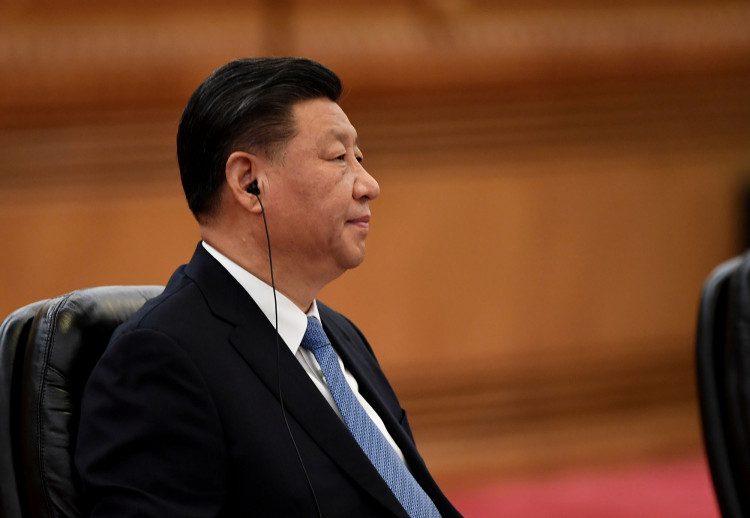Chinese President Xi Jinping began a diplomatic tour of Southeast Asia on Monday, using a high-profile visit to Vietnam to criticize protectionism and pitch China as a bulwark of economic stability in contrast to the United States. The trip comes as Washington's tariff regime, now totaling 145% on Chinese goods, reverberates across global trade routes and supply chains.
"There are no winners in a trade war, or a tariff war," Xi wrote in a joint editorial published by Vietnamese and Chinese state media. In a speech delivered during a two-day visit to Hanoi, Xi urged "resolutely safeguarding the multilateral trading system, stable global industrial and supply chains, and open and cooperative international environment."
The Chinese leader's remarks, though not explicitly naming the U.S., appeared to be a direct response to the sweeping tariffs imposed by President Donald Trump, which have rattled markets and forced U.S. trading partners in Asia to recalibrate. Despite a 90-day pause on some tariffs, levies on Chinese exports remain intact, prompting Beijing to intensify regional outreach.
Xi's arrival in Hanoi was marked by ceremonial fanfare, including an airport reception by Vietnamese President Luong Cuong and cultural performances. He later met with Vietnam's Communist Party General Secretary To Lam and Prime Minister Pham Minh Chinh. The two sides signed dozens of cooperation agreements, including memoranda on railway projects, trade certification, and enhanced production ties. Specific terms of the deals were not disclosed.
Vietnam is seeking to balance its ties with both Washington and Beijing. In 2023, it hosted both President Biden and Xi, upgrading its diplomatic relationship with the U.S. to the same level as China and Russia. The country has benefited from multinational companies relocating supply chains from China, pushing bilateral trade with Beijing up 14.6% this year, according to Chinese state media.
Xi's trip comes amid pressure on Vietnam to tighten scrutiny over the origin of its exports. Washington has accused Chinese firms of routing goods through Vietnam to circumvent tariffs. Hanoi has since imposed anti-dumping duties on Chinese steel, restricted low-value parcel imports, and increased oversight of goods bearing "Made in Vietnam" labels.
Vietnam's customs data show imports from China totaled about $30 billion in the first quarter, closely matched by $31.4 billion in exports to the U.S.-a dynamic reflecting the country's pivotal role in global manufacturing.
The visit also yielded aviation-related developments. Vietnam's budget carrier VietJet signed a memorandum with China's COMAC to lease two C909 regional jets. A COMAC aircraft painted in VietJet livery and the logo of China's Chengdu Airlines was displayed at Hanoi airport. Vietnam approved the Chinese aviation regulator as equivalent to the U.S. and EU authorities, clearing the way for future commercial operations by COMAC planes.
Railway cooperation is also advancing. Vietnamese officials confirmed plans to expand cross-border rail links using Chinese loans, though no loan agreements were publicly signed. Vietnam's Deputy Prime Minister Bui Thanh Son had previously said around 40 agreements were expected during Xi's visit.
Analysts said the timing of Xi's visit serves a dual purpose. "The trip to Vietnam, Malaysia, and Cambodia is all about how China can really insulate itself against Trump," said Nguyen Khac Giang of Singapore's ISEAS-Yusof Ishak Institute. Xi's regional tour continues this week with stops in Malaysia and Cambodia-countries also under pressure from U.S. tariff actions.
Still, frictions persist. The two nations maintain competing claims in the South China Sea, and recent confrontations between Vietnamese vessels and China's coast guard have gone largely unpublicized. Xi's visit, his second to Vietnam in 18 months, is being closely watched for signs of alignment or divergence between the neighboring Communist states.
Xi will travel to Malaysia and Cambodia next, both of which are also facing steep U.S. tariffs-49% and 24% respectively-and are pursuing negotiations with Washington for tariff relief.






